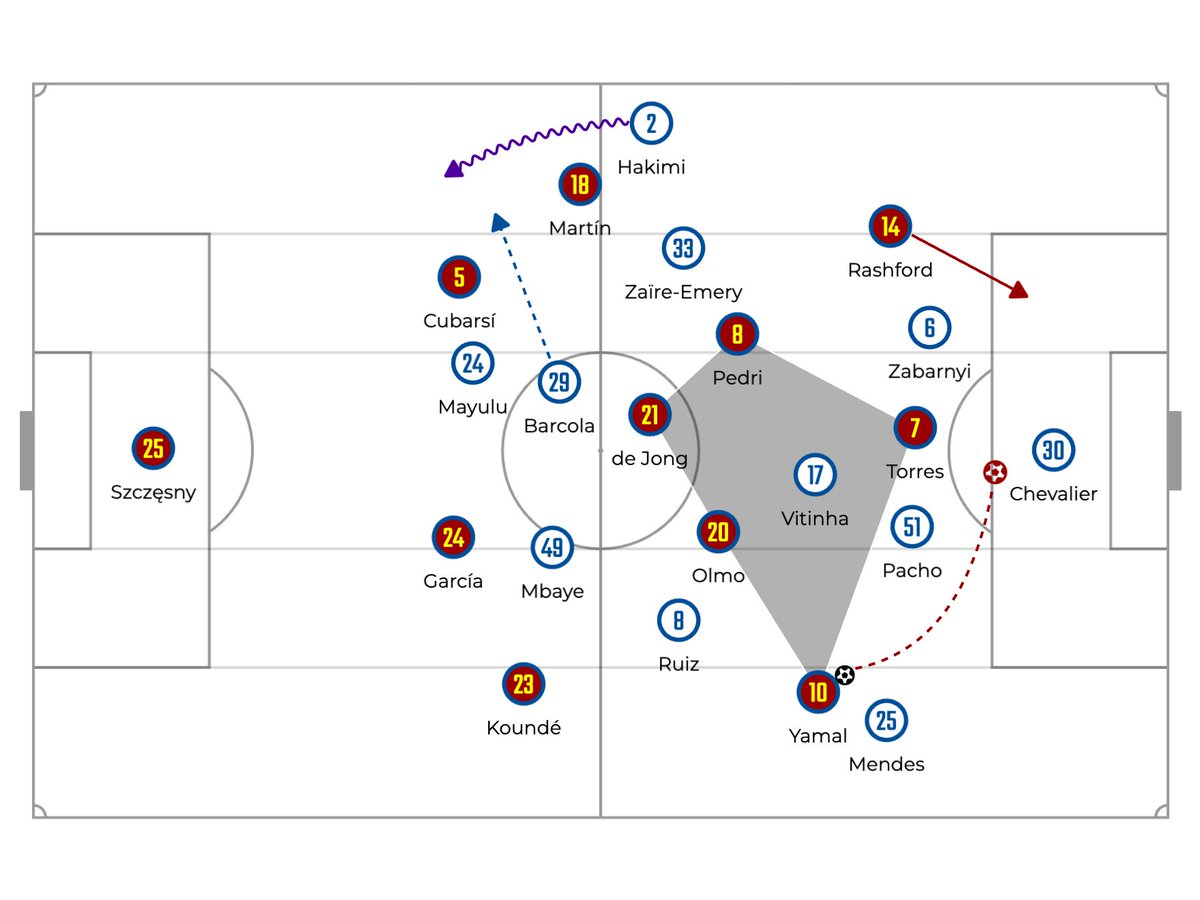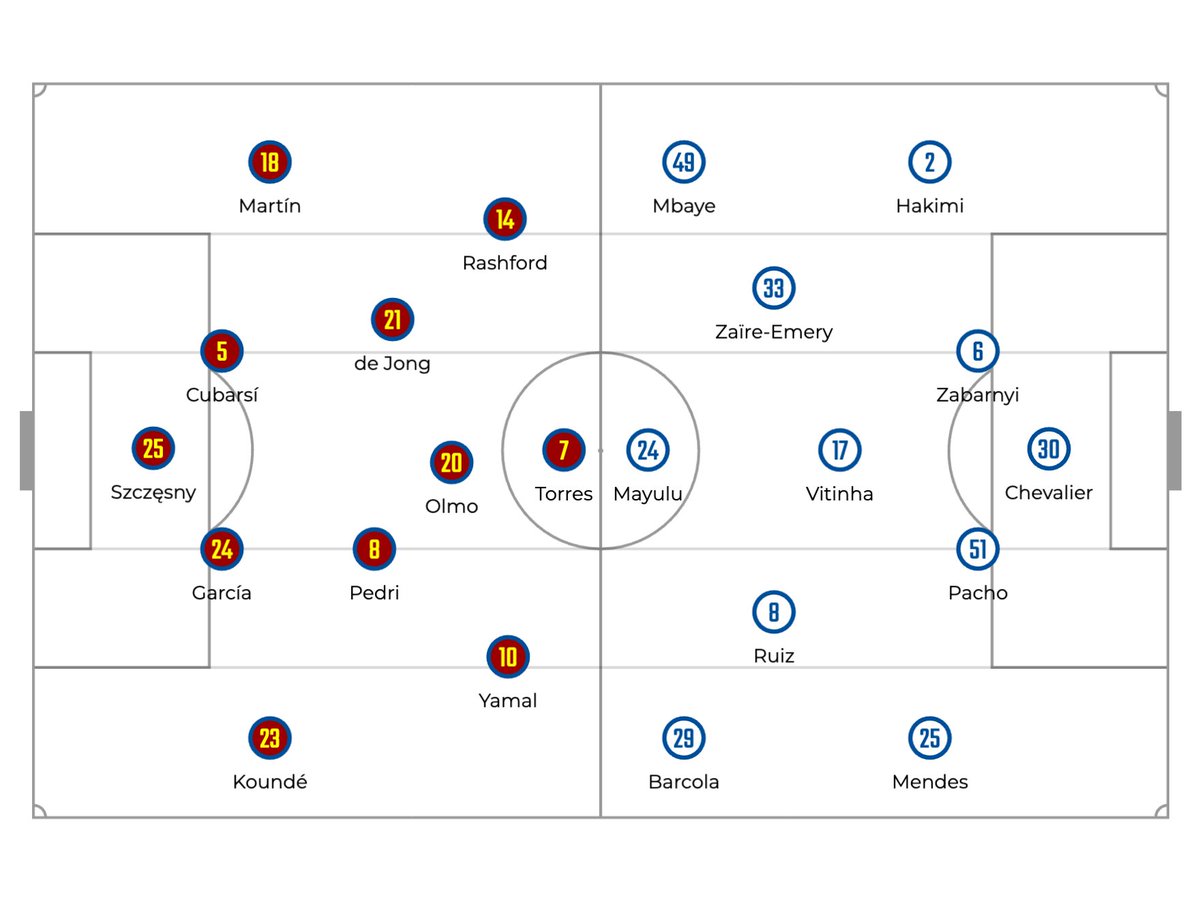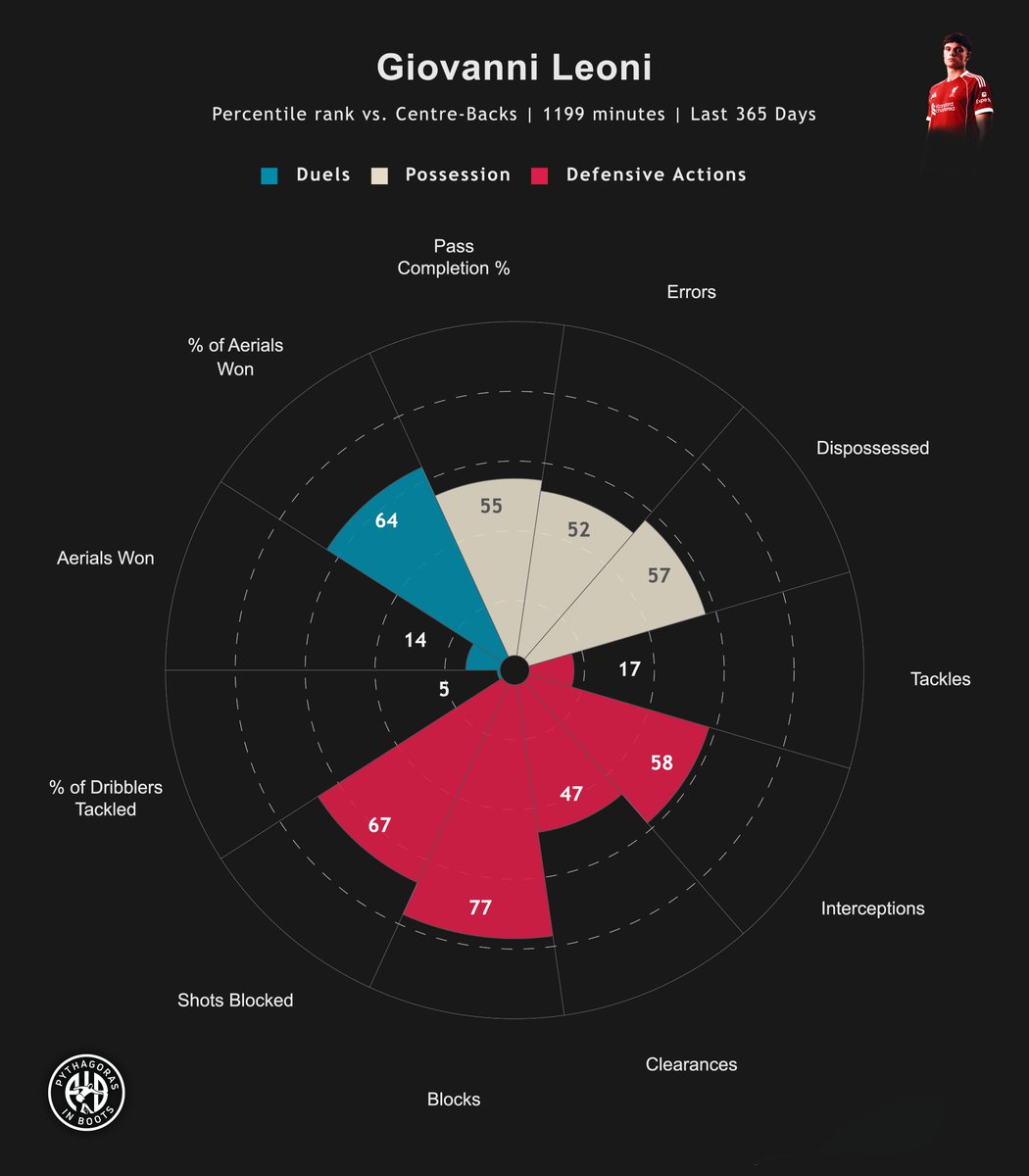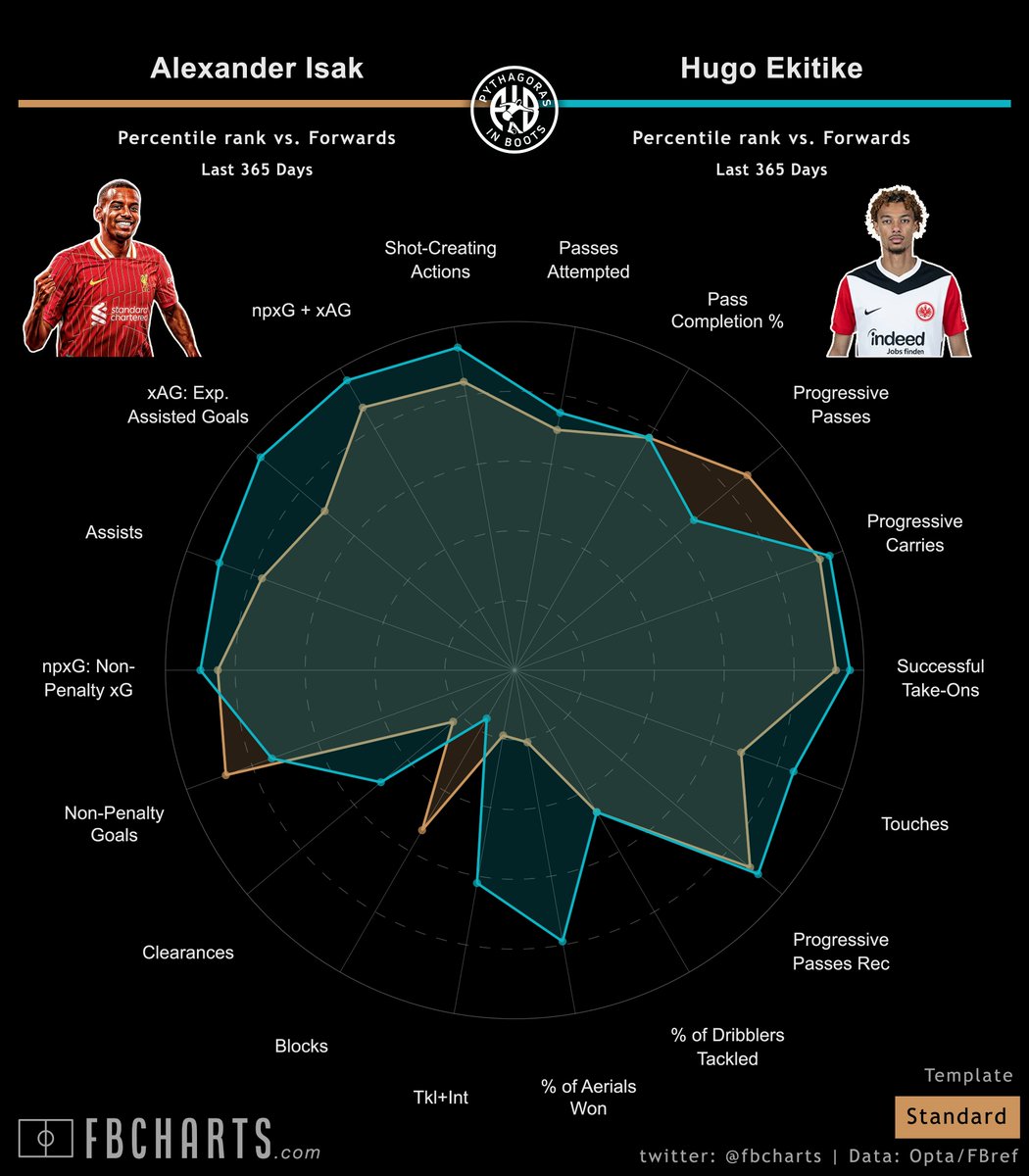Tactical Dynamo: How Amrabat would redefine Manchester United’s playbook
➡️ Unraveling the veracity of long pass
➡️ Licha, Onana & Amrabat, build-up ensemble
➡️ Not as aerially dominant as Casemiro
➡️ Rice-esque dribbler
➡️ Ball-DAWG terrier in defence
#MUFC
[Tactical Thread]
➡️ Unraveling the veracity of long pass
➡️ Licha, Onana & Amrabat, build-up ensemble
➡️ Not as aerially dominant as Casemiro
➡️ Rice-esque dribbler
➡️ Ball-DAWG terrier in defence
#MUFC
[Tactical Thread]

Long passing forms an important part of his game, and the stats suggest he's a world leader in this aspect. However, upon closer inspection, the eye test reveals that he's good but not great. 

One of the issues lies in his biomechanics - he tends to lean back too much, resulting in off-balance passes that hit underneath the ball, making some of them loopy. On the bright side, his curved passing is much better, showcasing a very nice club in his locker.
Nevertheless, his long passing can be hit and miss, oscillating between an absolute scorcher and an aimless long ball.
His attitude is commendable, as he likes to get the play moving as soon as possible, which is something to appreciate.
His attitude is commendable, as he likes to get the play moving as soon as possible, which is something to appreciate.
However, it's worth noting that his passing doesn't always give the receiver the easiest time. Often, they have to work hard to trap the ball due to his lack of desire to hit an easy pass.
When it comes to possession play, he’ll prove to be an asset for the team. He's the kind of player who'll keep it nice and tidy in the midfield, handling the ball with finesse.
Under pressure, he remains incredibly calm, showing comfort in receiving from the defence or goalkeeper during build-up plays, a skill that even surpasses Casemiro.
Another feature is his ability to drop between the centre-backs to aid in build-up when needed. Considering these attributes, he could become a tactically important weapon for Manchester United. 

Defensively, he appears to shine the most. Though his defensive volume might not be high, he rarely gets it wrong when he decides to get stuck in. His ball-winning skills are elite, making him a solid addition to Manchester United's midfield.
A bit of a terrier, he's not afraid to go in for tackles and challenges. However, his aggressiveness can sometimes be a double-edged sword, as he can be susceptible to fouls, leading to penalties or rash attempts to win the ball. 

The potential downside of this aggressive playstyle is that he may get caught out of position at times.
His preference for slide tackling further illustrates his approach to defending, and his ability to read the game and intercept passes quickly is impressive.
His preference for slide tackling further illustrates his approach to defending, and his ability to read the game and intercept passes quickly is impressive.
United's pressing game would notably improved with him on the pitch. However, it's crucial to be aware of the downsides, such as the fouling issue and the risk of being caught on the wrong side of the attacker.
Aerially, Amrabat might be considered a downgrade from Casemiro. He tends to get beaten far too easily in the air, which could be a concern for Manchester United's pressing structure. Teams facing them may exploit this weakness by opting for long passes to relieve pressure.
His dribbling is reminiscent of Rice - a powerful runner, capable of driving through enemy lines with the ball. In tight spaces, his dribbling diminishes and he can be caught overplaying. Otherwise, this is a unique attribute that the United midfield currently doesn’t have.
Amrabat’s presence at United brings strengths and areas of growth. Impressive passing and tactical impact outweigh the potential drawbacks in his heading and defensive positioning. His unique dribbling adds value.
Overall, an exciting signing for United’s summer of revolution.
Overall, an exciting signing for United’s summer of revolution.
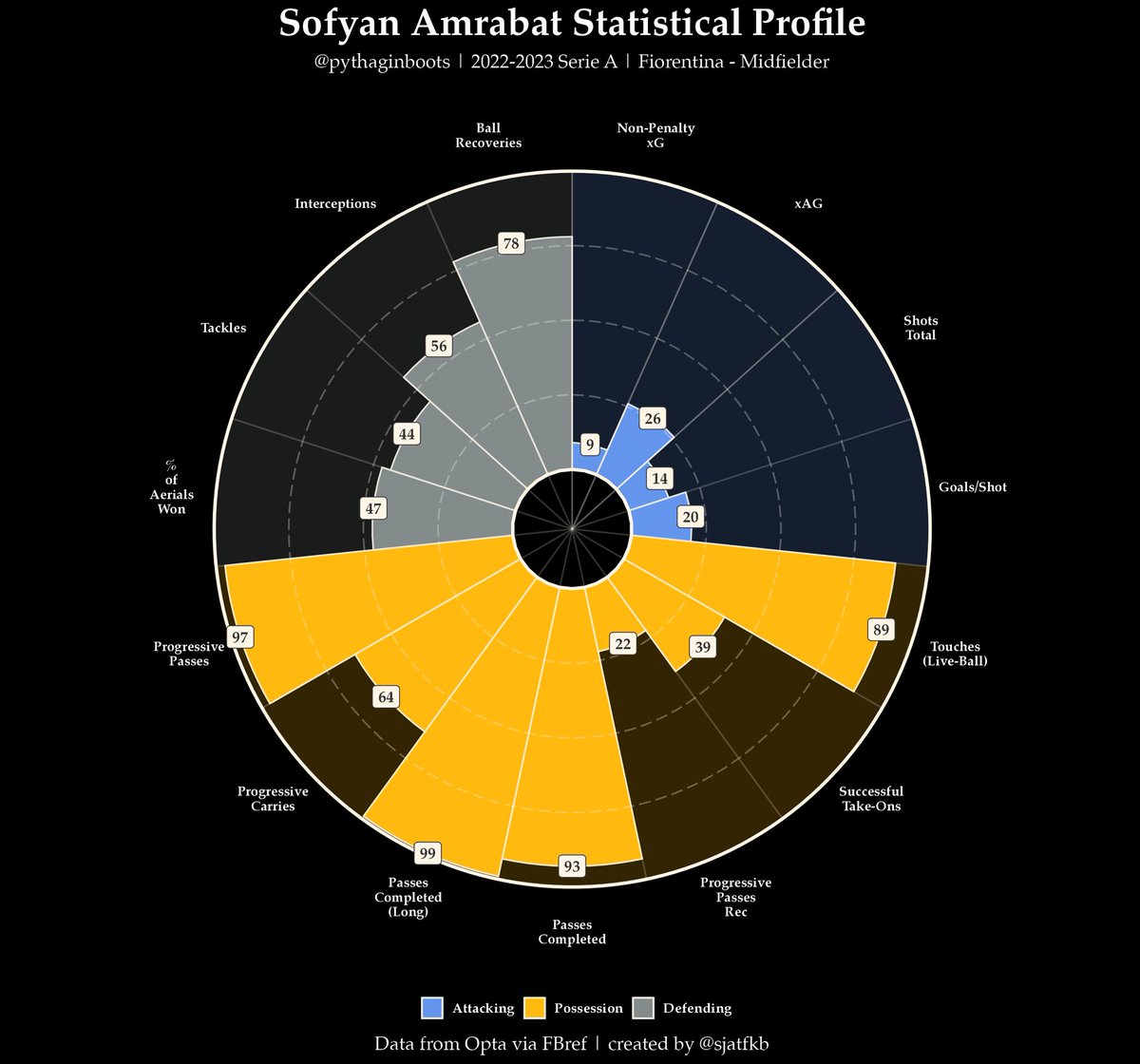
• • •
Missing some Tweet in this thread? You can try to
force a refresh


